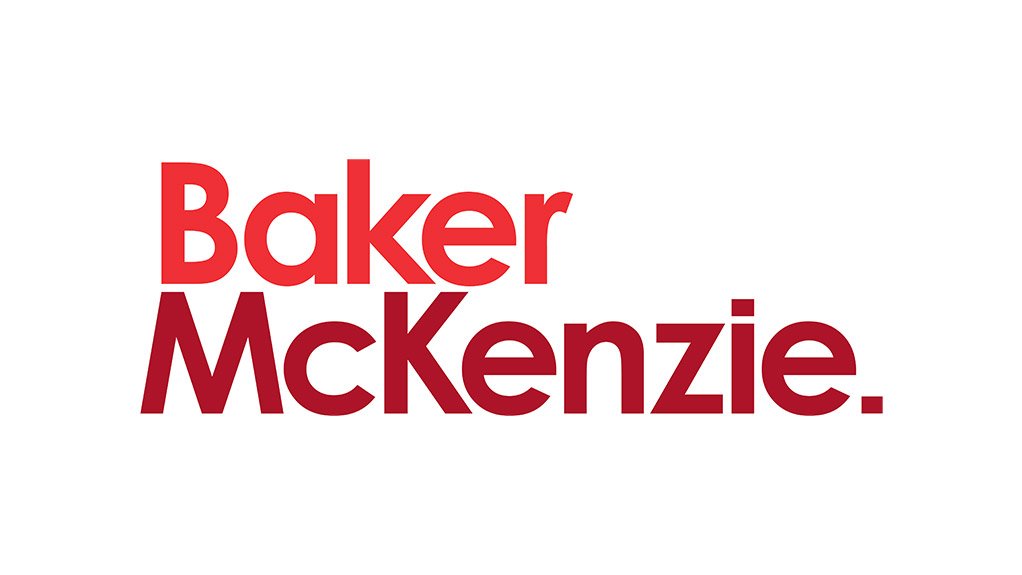In September and Others v CMI Business Enterprise CC (CCT279/16) [2018] ZACC 4 (27 February 2018) the Constitutional Court considered whether evidence relating to discussions held during CCMA conciliation proceedings could be relied upon by the Labour Court, prior to the amendment of Rule 16 of the Rules for the Conduct of Proceedings before the Commission for Conciliation, Mediation and Arbitration (Rules).
The Respondent employed the Applicants from August 2009 to September 2011. The Applicants resigned in September 2011, citing unfair treatment by the Respondent.
The Applicants' statement of case detailed the harrowing incidents of abuse allegedly suffered at the hands of the Respondent. The Applicants were the only black employees of the Respondent. The Applicants were called derogatory names, physically abused, likened to animals, provided with work site accommodation which was inferior to their white counterparts and denied training opportunities which were made available to their white colleagues.
In October 2011, the Applicants referred an unfair discrimination dispute to the CCMA. During the conciliation proceedings, it transpired that the dispute related to an automatically unfair constructive dismissal. The matter remained unresolved and was referred to the LC.
The LC considered whether the automatically unfair constructive dismissal had been conciliated (as the dispute that was originally referred to the CCMA was phrased as one of unfair discrimination). The LC had regard to the Applicants’ evidence regarding what transpired during the conciliation proceedings. It found that the automatically unfair constructive dismissal dispute had been conciliated and, as a result, the LC did have jurisdiction to hear the matter.
The Applicants sought an order (i) declaring that their resignations amounted to an automatically unfair constructive dismissal and (ii) awarding compensation. The LC found in favour of the Applicants and awarded them 24 months’ remuneration as compensation.
On appeal, the Labour Appeal Court held that the LC erred by having regard to what transpired during the conciliation proceedings, as such evidence was inadmissible in terms of the old Rule 16. The LAC held that, in determining the nature of a dispute, a court may only have regard to what is contained in the referral form and the certificate of outcome. Therefore, the LC had no jurisdiction to hear the matter and the appeal was upheld.
The Applicants appealed to the CC. The Applicants submitted that the LAC’s interpretation of the old Rule 16 did not promote the spirit, purport and object of the Bill of Rights as required by section 39(2) of the Constitution.
The old Rule 16 (1) provided that "Conciliation proceedings are private and confidential and are conducted on a without prejudice basis. No person may refer to anything said at conciliation proceedings during subsequent proceedings, unless the parties agree in writing."
The CC was called upon to interpret the old Rule 16. The CC, in a majority judgment, held that CCMA commissioners have three functions:
1. to resolve disputes;
2. to identify the nature of disputes; and
3. to make recommendations to the parties.
These functions are not clerical and inevitably call for the application of the mind, discretion and some adjudication. The CC criticised the LAC for adopting an overly formalistic approach and failing to take into account the purpose and context of the LRA and the dispute resolution mechanisms that it provides.
The CC further held that the LAC's approach was inconsistent with the jurisprudence of the CC which "cautioned against a narrowly textual and legalistic approach" to matters. The purpose of Rule 16 is to promote frank discussion and early settlement of disputes and not to impose a blanket ban on evidence led at conciliation proceedings.
The evidence that the CCMA conciliated the true dispute, namely the automatically unfair constructive dismissal, was admissible. The Applicants' appeal was upheld. Rule 16 was subsequently amended and now reads "No person may refer to anything said at conciliation proceedings during subsequent proceedings, unless the parties agree in writing or as ordered otherwise by a court of law".
It is important to note that discussions at conciliation proceedings surrounding the true nature of the dispute may possibly be disclosed at subsequent proceedings. When interpreting the CCMA rules, the Tribunal and Court should not use narrowly textual and legalistic approaches, but rather always endeavour to promote the spirit, purport and object of the Bill of Rights.
Written By Tracy Robbins, Associate, and Thandoluhle Dladla, Candidate Attorney, Employment & Compensation Practice, Baker McKenzie Johannesburg
EMAIL THIS ARTICLE SAVE THIS ARTICLE ARTICLE ENQUIRY
To subscribe email subscriptions@creamermedia.co.za or click here
To advertise email advertising@creamermedia.co.za or click here











